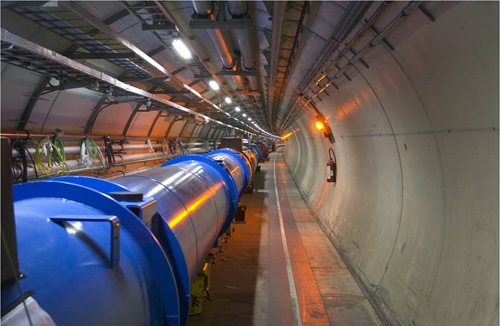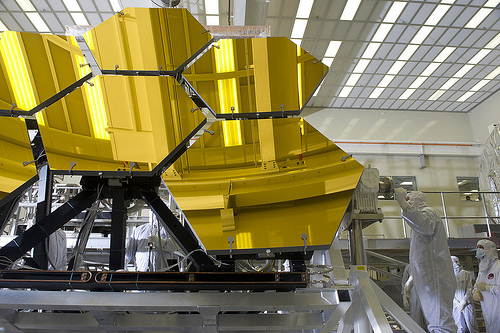
Most people have at least some vague idea of what science is all about. After all, many of the incredible accomplishments that have completely transformed human life in the last few centuries are credited to scientific advancements. Instead of going around the world in 80 days (a feat Jules Verne considered science fiction), we can now do it on passenger airlines in less than 80 hours (even with stops for refueling). Devastating diseases such as smallpox and rinderpest (commonly known as "cattle plague") have been totally eradicated. We have observed galaxies as they were when the universe was less than 4 percent of its current age. Twelve men have walked on the Moon. The Higgs boson -- the fundamental particle that gives mass to all other fundamental particles -- has been discovered. The average human life expectancy has more than doubled since medieval times. The list just goes on and on.
Still, the continuous attempts by various pseudosciences to gain respectability as scientific theories constitute, in my humble opinion, a clear and present danger. To understand the difference between genuine science and pseudoscience, let's examine the ingredients of the scientific method. Ever since the works of such giants in the philosophy of science as Bacon, Descartes, Spinoza, Locke, and Hume, we know that one has to start with a collection of data through experiments or observations (Figs. 1 and 2 show two of the most advanced facilities for collecting such data). In the next step, the scientist formulates a hypothesis that attempts to explain the phenomena that have been observed. Successful hypotheses are those that not only stand up to further testing but make specific predictions that can be tested by new experiments or observations. Of those hypotheses, the ones that concern a multitude of phenomena can mature to become comprehensive theories, and those that are found to universally hold true, independent of place or time, gain the most distinguished status of laws of nature.

Figure 1. The underground tunnel at the Large Hadron Collider (LHC), where the Higgs boson was found.

Figure 2. Part of the mirror of the upcoming James Webb Space Telescope, which will observe the very first galaxies in the Universe (photo credit: Emmett Given, NASA Marshall).
Over the years, even this carefully constructed paradigm has been subjected to serious philosophical criticism, especially concerning the problem of induction. Induction is the process that leads us from a finite number of observations to such universal conclusions as "all bodies on Earth fall with constant acceleration." Clearly, from a strictly logical perspective, such arguments cannot be rigorously valid -- we have not observed all the bodies on Earth (my high-school teacher used to say, "And if you see a body that does not obey this law, please let me know immediately!"). Philosophers of science have attempted to address the logical problem of induction in two main ways. First, Austrian-born Karl Popper argued that as long as hypotheses are falsifiable, in the sense that experiments or observations exist that would disprove them, science can maintain its objectivity. Popper suggested that a theory should never be considered confirmed, no matter how much evidence has been collected to support it. Rather, we should accept theories until they have been falsified. Note that the key criterion here, distinguishing science from pseudoscience, is falsifiability. Unless a theory is able to make definite predictions that can be checked and shown to be wrong, it cannot be considered scientific. In case you wonder, the theory does not necessarily need to be mathematical in order for it to make clear predictions. Darwin's theory of evolution by natural selection, for instance, predicts a very particular sequence in the geological record. The finding of even one fossil of a modern rabbit in a rock that is 3 billion years old would destroy the entire theory.
A second partial response to the problem of induction is offered by what is known as the Bayesian confirmation theory -- that our trust in theories comes in degrees that can be quantified by the theory of probability. In other words, we should attach high credence only to universal theories that are repeatedly tested and borne out by observations. Bayesian confirmation theory attempted to create what one might call "positive" scientific knowledge, to complement Popper's account for "negative" ones. However, philosophers of science are, by their very nature, a skeptical crowd. Thomas Kuhn and Paul Feyerabend, for instance, argued that our prior theoretical ideas influence which observations we make and what interpretation we attach to them. Others countered that even if it is true that a number of different theories may be compatible with a given body of data, this does not mean that we cannot logically choose among such theories, since typically some would be better supported by the data than others. In conclusion, while it is certainly true that history teaches us that many past scientific theories eventually turned out to be false, even those false but genuinely scientific theories contained a significant element of truth. The bottom line is clear: Science investigates strategies for achieving predictive success, heuristic fruitfulness, and simplicity.